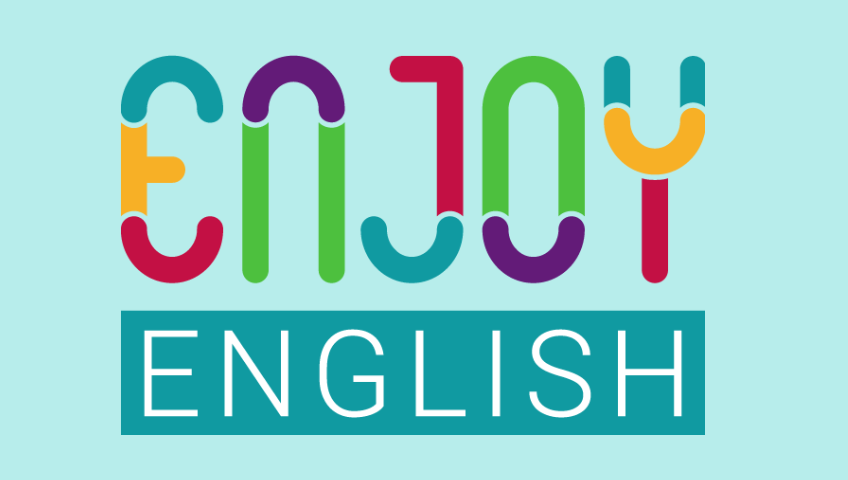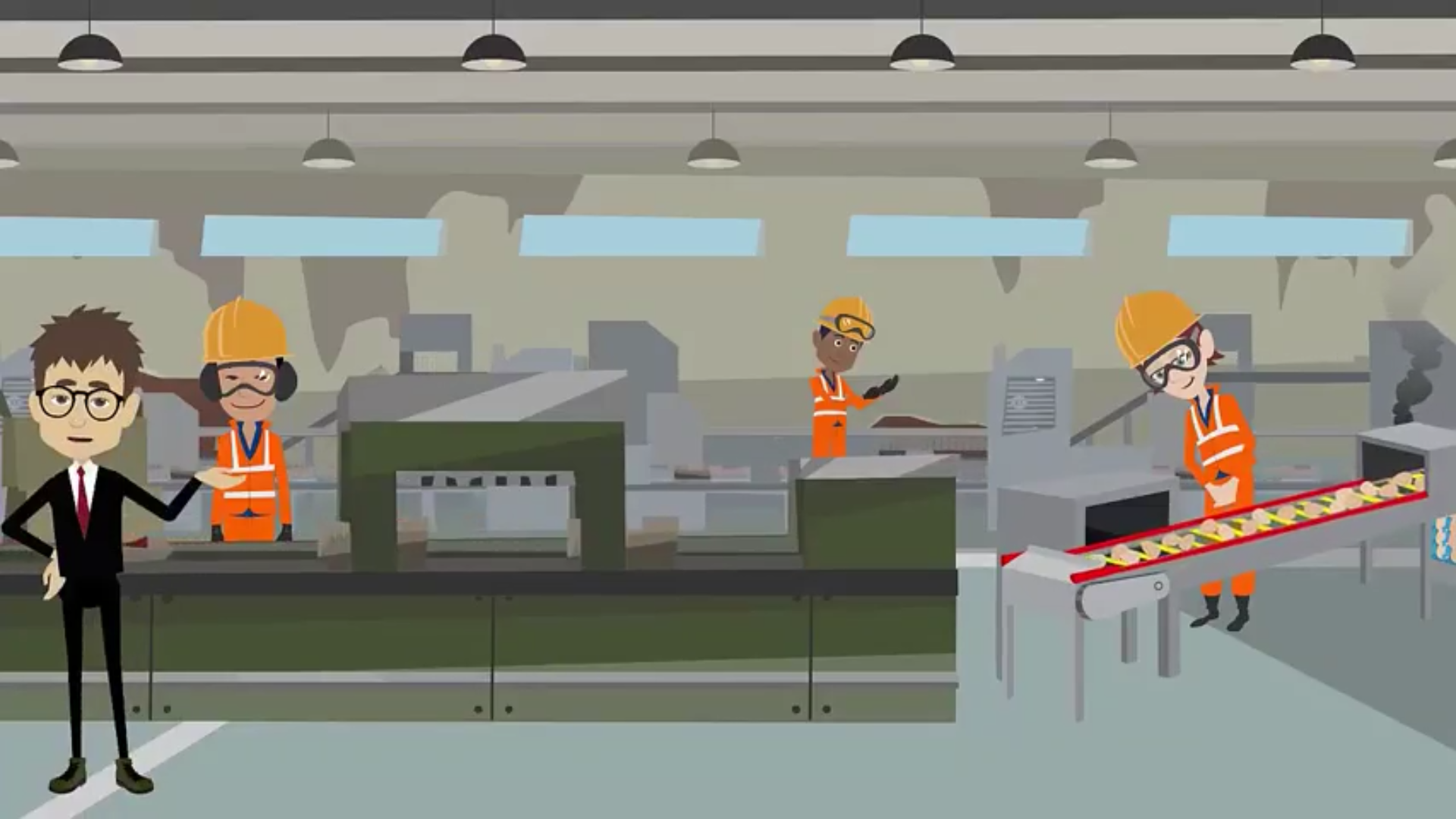It is vital that we approach the phenomenon of entrepreneurship with a new perspective that takes into account the entrepreneur as an individual, developing their transversal competences and the emotional processes that they face during the initial stage of the entrepreneurial journey.
Photo: Bigstock
The riskiest moment for entrepreneurs is when they come up with an idea and decide to execute it, since they not even know how to get it off the ground. They might lack the necessary resources, contacts, human resources, funds and, very likely, the minimum knowledge required to succeed.
Sometimes the members of the entrepreneur’s closest circle (partner, family or friends) are often reluctant to accept a new entrepreneurship idea, which is a natural reaction given all the challenges that the entrepreneur will meet. This stage is very hard for them because, apart from struggling with external circumstances, they must also confront their internal fears.
To transform this reality, the phenomenon of entrepreneurship must be approached from another perspective, since traditional methodologies focus on driving entrepreneurial ideas without considering the entrepreneur as an individual, without addressing the development of transversal competences and, above all, the emotional processes faced during the initial stage of the entrepreneurial journey.
Therefore, in the Venezuela Movement of Entrepreneur Clubs, we are addressing entrepreneurship through coaching, obtaining excellent results in introducing our members to the wonderful art of entrepreneurship, knowing and overcoming their internal limitations and developing innovative business models.
Based on this experience, I created Circanvas®, an educational methodology for training entrepreneurs, developed under the Design Thinking Methodology, which focuses on the most important resource of each process: the entrepreneurs themselves, helping them to formulate an inventory of their internal and external resources, and contributing the tools they need to make better entrepreneurial decisions.
Circanvas® is based on Gamification, the Hero’s Journey Theory, Customer Development Methodology, Business Model Canvas, Design Thinking, Lean Startup Methodology and Coaching applied to entrepreneurship. This initiative facilitates knowledge and development of the necessary soft skills to ensure the successful execution of the entrepreneurs’ business or social innovation ideas, inculcating in them a spirit of entrepreneurship and innovation that will lead them to excellence in their professional lives.
As a tangible product, Circanvas® is a Serious Game specialized in facilitating learning around the phenomenon of entrepreneurship, allowing participants to travel the “journey” that each entrepreneur metaphorically completes to transform a business or social innovation idea into a feasible, replicable, scalable enterprise.
This methodology proposes novel elements, but to what extent can it be deemed an educational innovation? How can the success of its implementation be measured? A new practice or solution can be considered innovative if its application is feasible and it contributes a perceptible value to its users. There must be a before and an after, i.e., a differentiator after its application.
After more than 100 sessions and serving over 600 entrepreneurs with this methodology, 65% of participants succeeded in validating their business model, 25% modified their initial idea significantly, and 10% changed their approach completely or abandoned their entrepreneurial project. A coach who specializes in Entrepreneurship and Innovation (Coach E+i) instructs 12 participating entrepreneurs in a four-hour session, thus achieving agile methodologies to support each individual. The Coach E+i uses two game boards for the dynamic, takes 20 minutes to present the basic rules and start the session. Each player gives a one-minute pitch on his or her entrepreneurship idea and sets out on the metaphorical journey through the 12 steps that comprise the “Entrepreneurial Hero’s Journey”.
During the journey, each player has to put together a pre-established business model, presented as a jigsaw, and answer powerful questions about his or her actions as an entrepreneur at each stage. Players earn life points represented by “wisdom pills” that allow them to come through some of the situations that arise along the way unscathed. They have to use networking or “pivoting” to exchange the pieces of their jigsaw and, in this way, reach the goal of completing a specific business model. This helps to keep the participants active, relate with each other, provide feedback to their colleagues, learn and have fun. The function of the coach translates into facilitating learning across the journey, delivering rewards, asking complementary questions, promoting reflection, and identifying when a space for intervention emerges from an answer given. Therefore, the coach has to keep a watchful eye not only on the participants’ words, but also their body language.
On one occasion, during a Circanvas-based group coaching session for entrepreneurs, one of the participants seemed to be very introverted. Half an hour after the start of the game, she still had not integrated into the dynamic like the rest of the entrepreneurs. At one point in the journey, she had to answer a question on what she required to make progress in her entrepreneurial undertaking and she refused to do so. I spent a few minutes asking coaching questions to help her to integrate.
After this brief intervention, the participant seemed like a different person. Her body language changed completely, she integrated fully into the session, spoke more confidently and began to enjoy the game. Every session has similar cases. They are people who immerse themselves in a game experience and realize that the obstacles existing in their enterprise go beyond the fact that they cannot obtain financing, do not have the necessary equipment for their processes or the ideal physical space to develop their operations. This translates into a paradigm shift within the entrepreneur and an open door to develop his or her full potential.
I would like to invite entrepreneurship facilitators to focus on people, provide them with the tools and methodologies that will enable them to discover by themselves their own formula for success, and contribute to their empowerment through the materialization of their entrepreneurship ideas and become entrepreneurial mentors.
About the author
Jesús Gerardo Díaz, Ontological Coach specialized in Entrepreneurship and Innovation (Coach E+i), is an Entrepreneurship program facilitator for Fundación Empresas Polar in Venezuela, creator of the Circanvas® Methodology for Entrepreneurs and author of the book “El Viaje del Héroe Emprendedor”.
This article from Observatory of the Institute for the Future of Education may be shared under the terms of the license CC BY-NC-SA 4.0 
)
)






)
Carlos Alberto González Almaguer
Carlos Alberto González Almaguer
Carlos Alberto González Almaguer